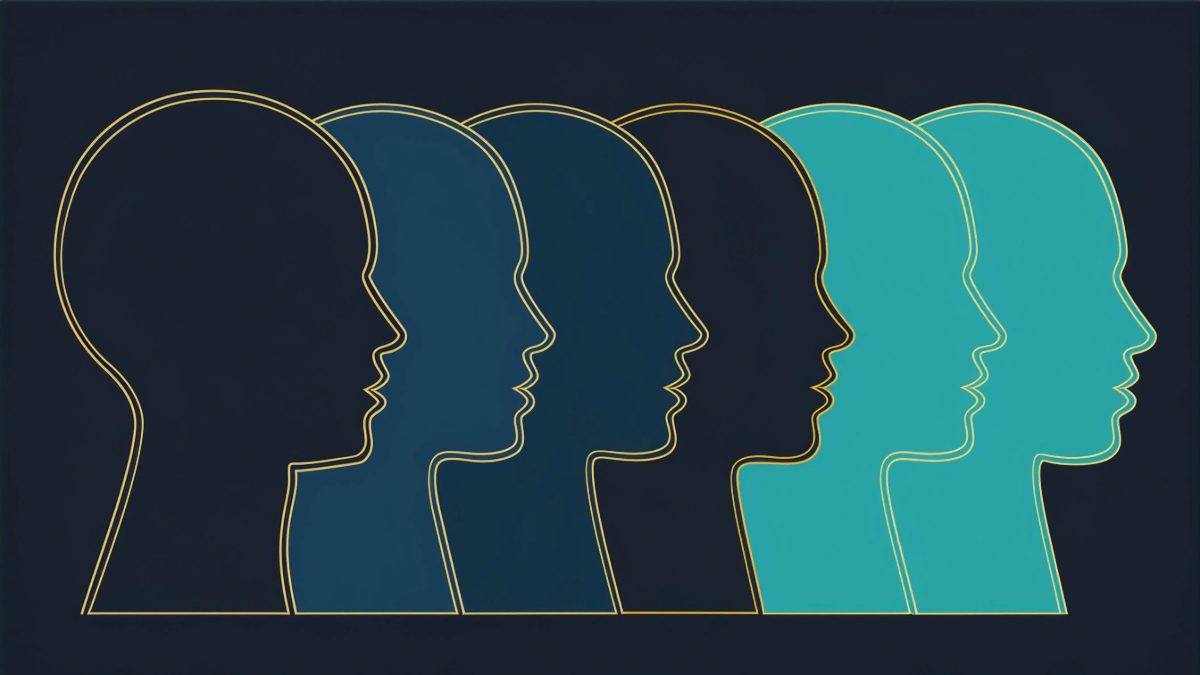When I think of emotions, I think of them as the brain’s (sometimes instant) reactions to outside stimuli. My first sip of coffee in the morning sparks joy, just as watching the final seconds of a close basketball game incites anxiety.
As Victor Frankl wisely noted, there exists a space between stimulus and response, a realm where we hold the power. We can equip ourselves with tools like Stoicism or mindfulness to navigate this space and manage our emotional response. When we succeed, our rational side triumphs. But in moments of failure, the animalistic side of our brain seems to take over.
But here’s the twist: My understanding of emotions, which I thought was universally accepted, turns out to be a common myth.
In this video from The Well, neuroscientist Dr. Lisa Feldman Barrett debunks this myth and several other misconceptions about emotions.
She explains that the brain and the body constantly communicate: the brain regulates the body, while the body continually sends sensory information back to the brain. The brain is not wired to understand those data points individually. Instead, we experience a summary in the form of an emotion, one that can feel like comfort, anxiety, calmness, and so on.
Dr. Barrett illuminates past experience as one of the many data points the brain uses to predict and react to the present. What’s truly remarkable is that the brain is not a static entity. It’s constantly updating its predictions of outside stimuli. This means we have the agency to influence these assessments and, ultimately, our feelings.
Watch to the end to discover how cultivating new experiences is the best way to update our brain’s predictions of the present.
This post draws upon a series of videos produced by The Well, a publication and video channel produced by the John Templeton Foundation and BigThink.



